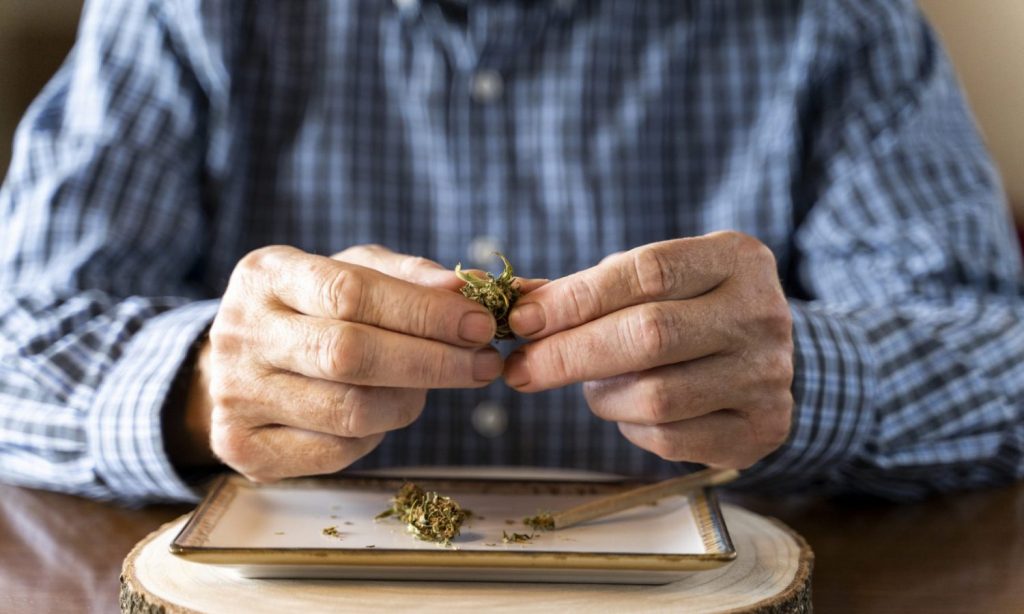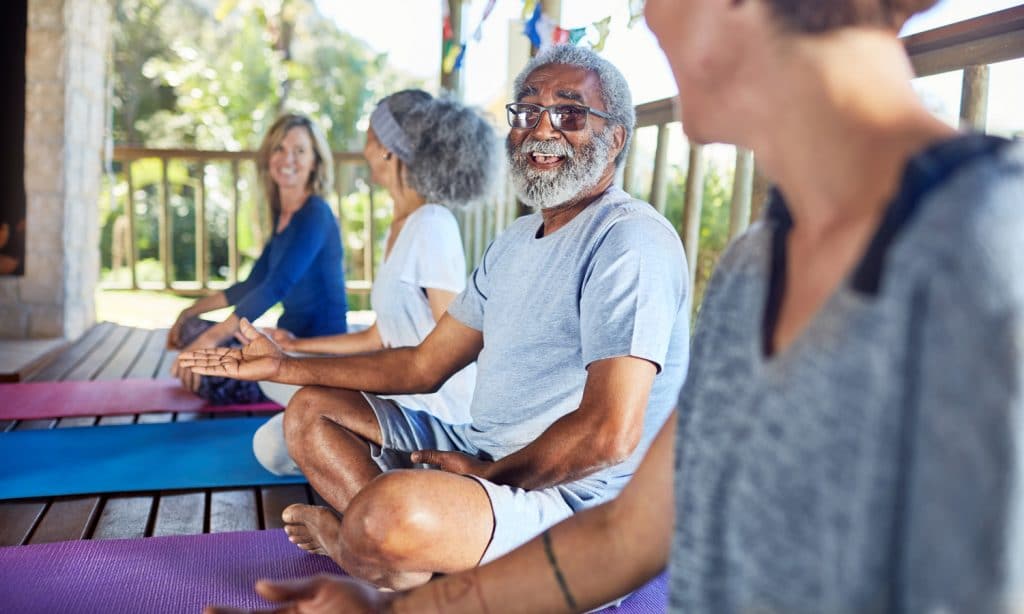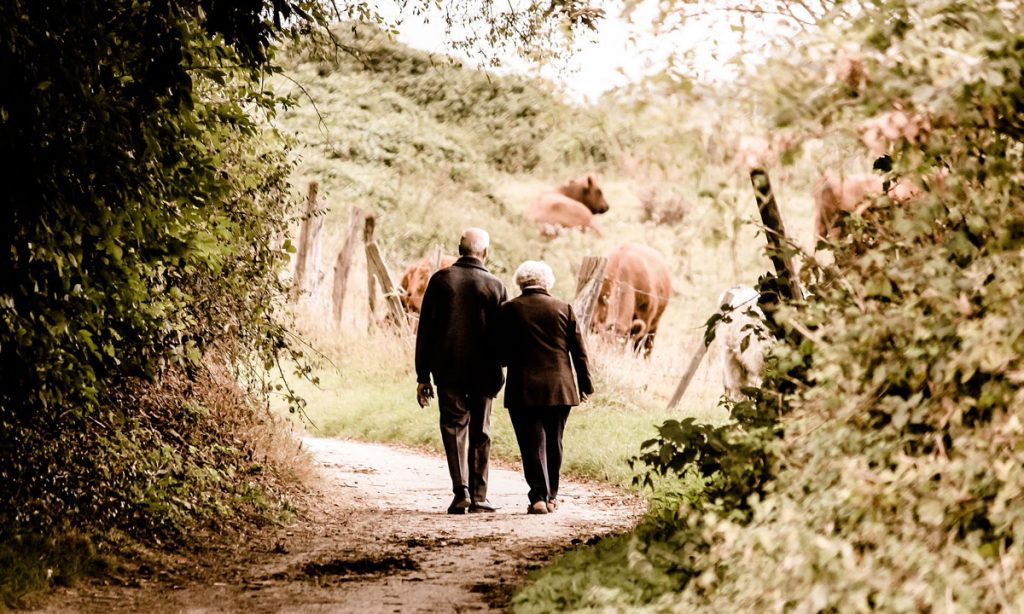With each passing year, older adults have been getting more and more into marijuana. With that said, there are some potential issues to be aware of.
Thanks for marijuana legalization, the herb has been going through a phase of reevaluation. People of all ages are more open to trying it, whether for recreational or medicinal purposes, especially when faced with the side effects of prescription medications. One of the fastest growing demographics are Baby Boomers.
A survey conducted on adults over the age of 55 between 2016 and 2018 found that men are increasing the amount of marijuana they consume, particularly those between the ages of 60-64. There are many reasons why this could be happening, among them, the fact that the drug has lower stigma, making it more likely for people to be honest with their answers, that there are more options and drug availability, and more.

Other contributing factors include a global leaning towards more natural medicines. This is especially effective for older adults looking for pain relief and sleep aids, preferably those that don’t come with significant side effects.
While young adults remain the largest consumers of cannabis in the U.S., the rise in older adult use and seniors is a little exciting, even if it’s of some concern to researchers. When discussing older adults and marijuana use, there are a few factors that could influence the effect that marijuana has on them. Here are four of the most pressing:
Reactions with medication

The most pressing issue medical experts are concerned with is the possible effect marijuana can have with common medications taken by older adults. A review published in the Journal of the American College of Cardiology says that marijuana can interact with common heart medications, such as statin and blood thinners. Marijuana use can alter the time in which these medications have an effect and could also result in excessive bleeding.
RELATED: Survey: Seniors In Pain Want To Try Cannabis, But This Is Preventing Them
People should also avoid pairing marijuana with anti-seizure medications or any other substance that produces strong effects. If having surgery, it’s important for older adults to disclose marijuana use to doctors, even including the use of CBD. The compound has also been linked with altering the way in which the liver processes dosages in medications.
Higher risk of falls and accident

While this should concern mostly seniors, the use of marijuana could result in dizziness and in feeling out of control of your body. This in turn could increase the risk of falling and getting involved in all sorts of accidents. Falls pose serious risks for seniors, with 1 out of 5 resulting in a head injury or broken bones.
Confusion

RELATED: 6 Ways Cannabis Can Improve The Life Of Seniors
Seniors and adults with higher risk for dementia and confusion should be careful with their marijuana intake, especially when consuming products with high THC content. THC and its psychoactive effects can result in unexpected side effects for people who’ve experienced psychiatric conditions or have a predisposition for them.
Higher odds of mental health issues

According to a 2018 study published in the journal Gerontology and Geriatric Medicine, older marijuana users are more likely to experience depression than non-users. While it’s not know exactly why this occurs, it’s likely a combination of things; these users might be taking cannabis instead of seeking medical help, or maybe cannabis is interacting with the medications they’re already taking in ways that are not beneficial.


